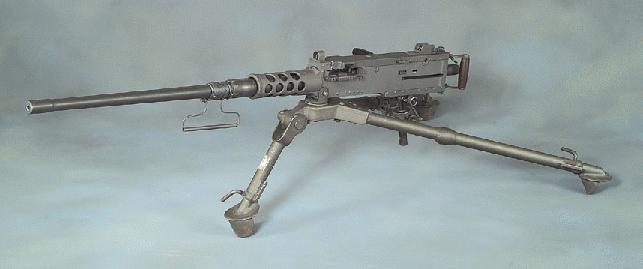Some are apparently so concerned at gendered pronouns that they hope to persuade everyone else to go linguistically generic:
Let’s call everyone “they”: Gender-neutral language should be the norm, not the exception.
So writes Silpa Kovvali, an exquisitely progressive she-person, in the pages of Salon:
We are forced to… give in and refer to our co-workers, students and friends as “he” or “she.” The result is that our language caps our ability to be progressive in this realm, forces us to immediately characterise people as male or female.
Which is only accurate and expected practically all of the time. And so,
We ought to revert to the gender neutral “they” whenever gender is not explicitly relevant.
You see, Ms Kovvali believes that gendered pronouns and honorifics are an “outdated linguistic tic.” And not a useful, rather concise source of information, a signal of respect, and a way of clarifying who it is we’re talking about.
The effect of elevating gender’s importance is felt by the cis-gendered as well. None of us fit neatly or entirely into a traditional gender binary, with all the expectations of masculinity and femininity that these buckets entail.
And yet despite this claim, and the somewhat random mention of buckets, almost all of us seem quite happy to be referred to as either male or female, as if it were in fact “relevant,” and the demand for gender-neutral pronouns remains, to say the least, a niche concern. I’d even venture to suggest that some of us might feel slighted by the wilful omission of – diminishing of – our respective maleness or femaleness.
[…]
That a tiny minority object to gendered pronouns, or pretend to object in the hope of seeming morally fashionable, is apparently grounds for the rest of us to be imposed upon, and possibly insulted, with a widespread and routine denial of our gender. It isn’t clear to me why un-gendering everyone is hugely preferable to the highly unlikely mis-gendering of one person, potentially, in theory. And much as I hate to be a bother, my “preferred pronouns” are masculine. Like almost all human beings, I am not alienated from my sex in psychologically hazardous ways. I am not of indeterminate gender. I am not a they.




